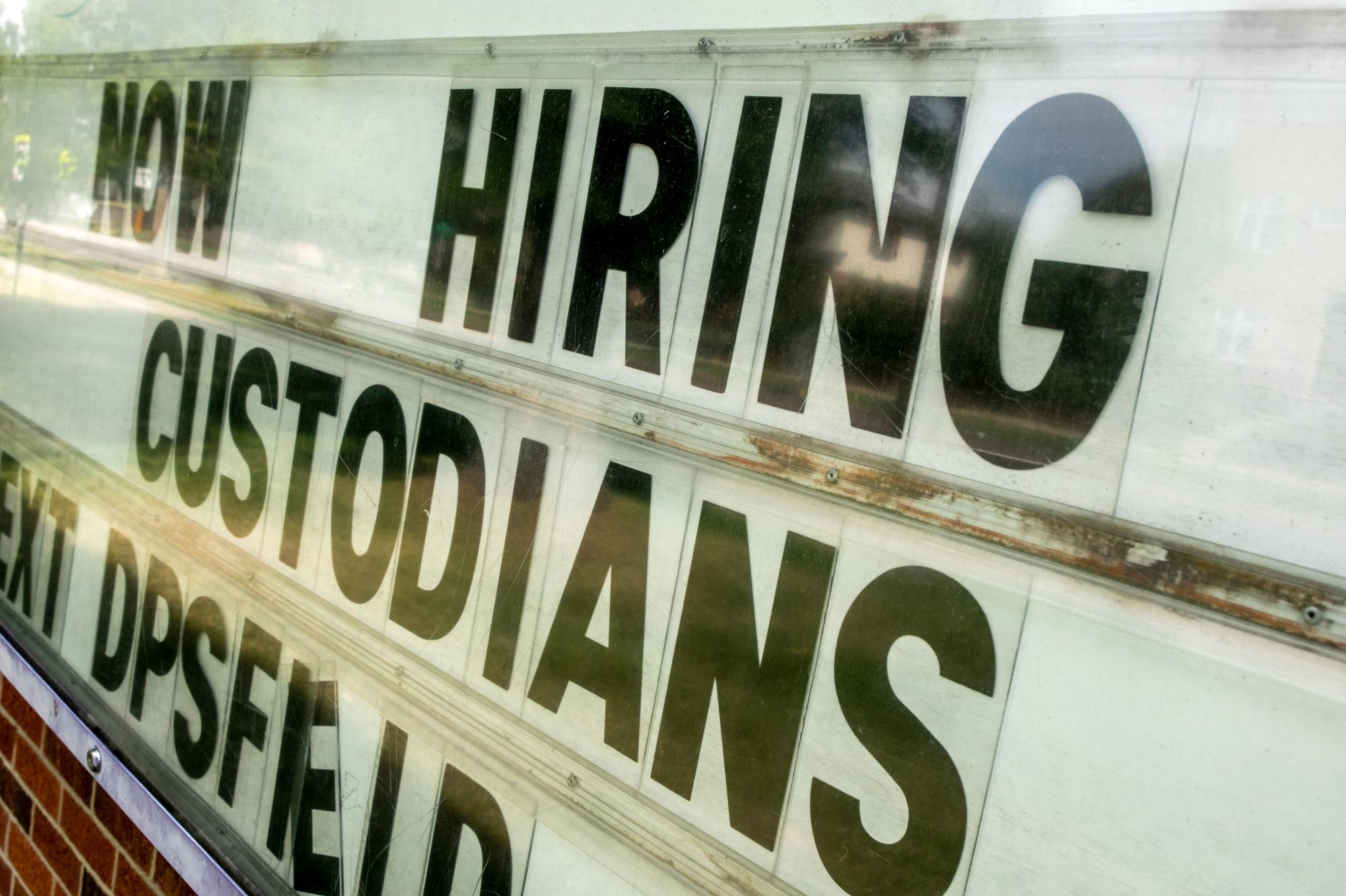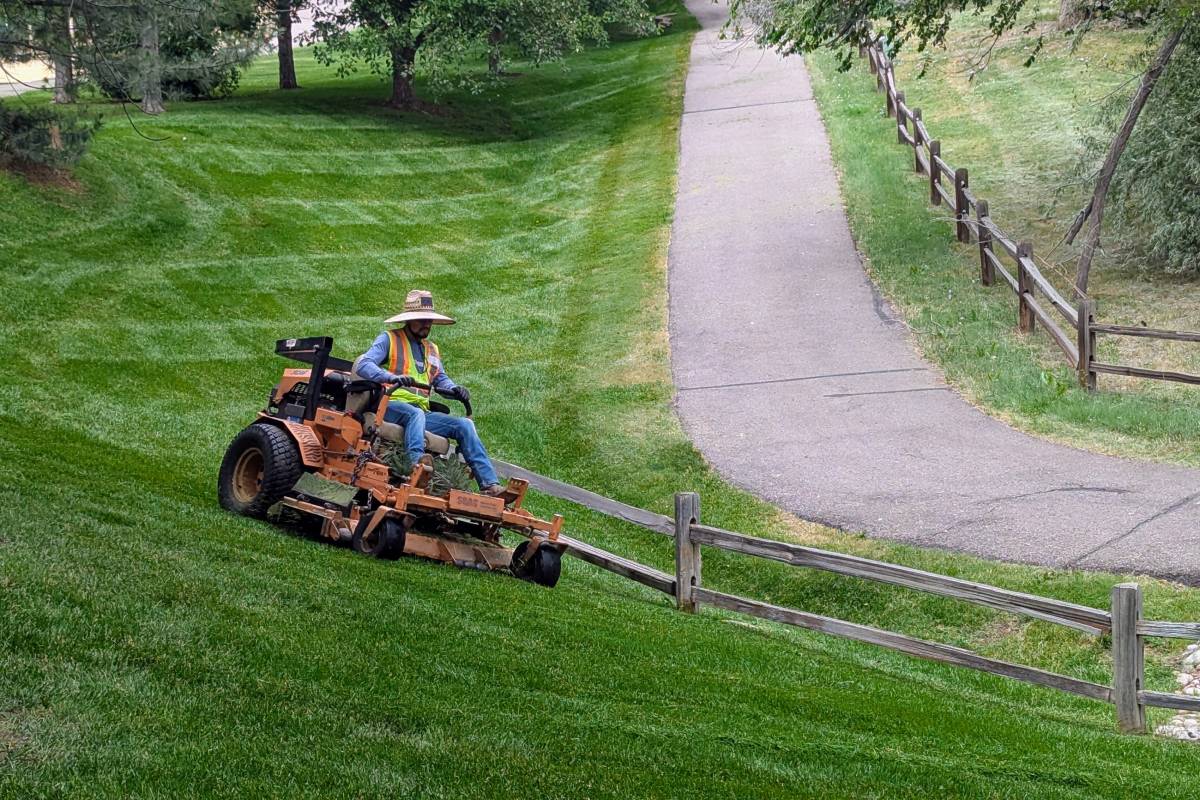
Weekly jobless claims in Colorado dipped just before the federal government’s pandemic aid program for unemployed workers ended.
The state’s first-time filings fell to 2,978 for the week ending on Sept. 4, according to the U.S. Department of Labor. That compared with 3,233 claims the previous week. Initial claims across the U.S. fell, but weekly jobless claims can be volatile, and it’s difficult to draw broad conclusions from a single data point.
Economists are dissecting jobless statistics for signs that ending enhanced unemployment aid will push people into the labor force. Roughly 87,000 Coloradans lost unemployment benefits this week, including people getting payments through a federal program for gig workers and the self-employed, or through extended benefits. On top of that, everyone collecting unemployment saw weekly checks shrink by $300.
Mac Clouse, a professor of finance at DU’s Daniels College of Business, said it could take a month or more for the end of extra aid to be fully reflected in the numbers.
“We need to give a little time to see how people are going to respond to the fact that they are no longer getting that supplemental compensation,” Clouse said.
Companies have struggled to hire workers amid a shortage that is impacting everything from restaurants and hotels to trucking companies, garbage haulers and warehouses. U.S. job openings rose to a record high 10.9 million in July, according to the Labor Department.
Business leaders contend generous government aid has kept workers on the sidelines, though it’s not clear what role jobless benefits play in the current labor shortage. Some states ended extra federal benefits months ago, and so far, the results suggest the move didn’t have a huge impact on employment rates.
- No Internet, No Unemployment: Solving This ID.me Glitch Took Two Months And A Journey Across The Rural Front Range
- Colorado’s Undocumented Workers Had To Survive The Pandemic Without Government Aid. Next Time May Be Different
- A New Digital Divide: People Without Smartphones Struggle To Get Colorado Unemployment Benefits
But it could just be too early to tell, according to DU’s Clause. People have been saving cash for the past year, giving them some breathing room when it comes to finding a new job, he said. At the same time, since job seekers have so many options, they will be pickier about the jobs they are willing to take.
“It takes a while for things to happen, especially as we recover from something like this,” Clause said.
Stephanie Bonin, owner of duo Restaurant in Denver, says she is struggling like everybody else to find workers. For the first time in 16 years, she closed the restaurant two days a week due to being short-staffed. Some nights, the restaurant only serves wine and beer, because there is no bartender to mix cocktails.
Bonin, who at the start of the pandemic launched a Change.org petition demanding aid from Congress that now has almost 3 million signatures, doesn’t think the extra benefits are the crux of the issue.
“COVID gave us all a forced pause to really reflect on our lives and reflect on what we’re doing, and that forced pause causes people to change,” Bonin said. “I think there’s a long list of reasons why people are not going back to work.”









